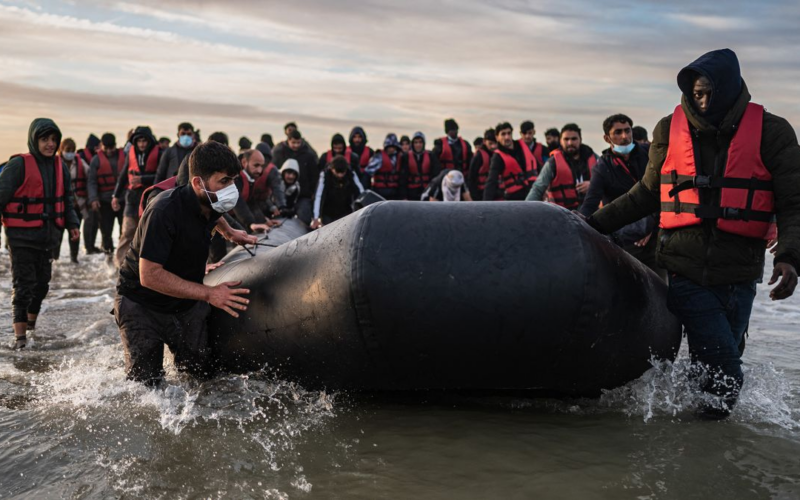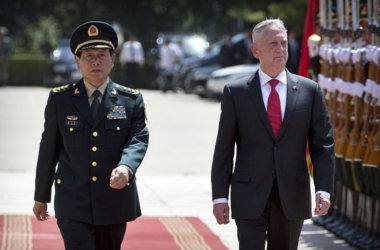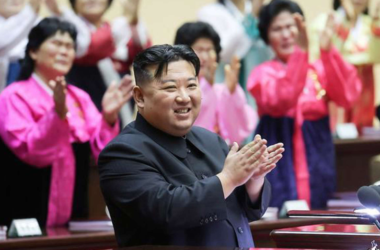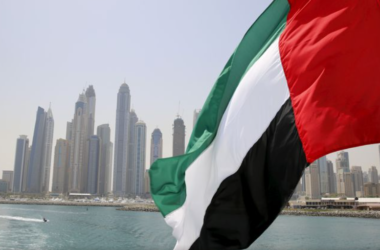In a significant policy shift, British Prime Minister Keir Starmer announced the cancellation of the controversial “Rwanda Plan,” a legacy project of the previous Conservative government aimed at deporting illegal immigrants to Rwanda. The announcement came during Starmer’s first press conference as Prime Minister, marking his commitment to change and setting a new direction for his administration.
The Rwanda Plan, officially known as the UK-Rwanda Economic and Migration Partnership, was established to address the UK’s irregular immigration crisis by relocating undocumented immigrants, particularly those crossing the English Channel in small boats, to Rwanda. In return, Rwanda was to receive R8.5 billion under the UK’s Economic Transformation and Integration Fund (ETIF) to support its economic growth. As of now, Rwanda has received R5 billion from this fund.
Starmer criticized the Rwanda Plan as ineffective, noting that it had not served as a deterrent to illegal immigration. “The Rwanda project is dead and buried before it can be implemented. It is not a deterrent policy,” Starmer stated. He emphasized that the new government would seek more effective measures to address illegal immigration, moving away from the previous government’s approach.
The cancellation of the plan is expected to result in significant financial losses for the UK government, which had already invested heavily in the project. Estimates suggest that the British government had spent over £250 million on the project by 2023, with the UK Auditor General’s Office indicating a projected budget of at least £400 million over five years.
Rwanda, in response to the cancellation, reiterated its commitment to the global migration crisis, highlighting its ongoing efforts to support refugees and migrants. The Rwandan government stated, “Rwanda has fully upheld its side of the agreement, including with regards to finances, and remains committed to finding solutions to the global migration crisis, including providing safety, dignity, and opportunity to refugees and migrants who come into our country.”
Currently, Rwanda hosts over 127,000 refugees and asylum seekers, with the majority residing in five refugee camps: Kiziba, Nyabiheke, Kigeme, Mugombwa, and Mahama. Additionally, Rwanda participates in the Emergency Transit Mechanism (ETM) with the United Nations High Commissioner for Refugees (UNHCR), providing transit for over 2,000 refugees and asylum seekers evacuated from Libya since September 2019.
The decision to cancel the Rwanda Plan has been met with mixed reactions. Critics argue that the Labour government lacks a comprehensive strategy to address the ongoing immigration crisis. Nigel Farage, leader of the far-right Reform Party, expressed skepticism about Starmer’s alternative plans, stating, “The Rwanda plan will never work. But what Keir Starmer has offered is to crack down on the gangs of people smuggling people into the country if I’m honest. The previous government did that for many years. It just doesn’t work.”
On the other hand, Yvette Cooper, the new British Home Secretary, announced the creation of a border command center with powers similar to a counter-terrorism agency to tackle migrant smuggling gangs. The Labour government believes that reallocating resources from the Rwanda Plan to combat smuggling gangs will be a more effective use of taxpayer money.
As the Labour government moves forward, the fate of the 52,000 migrants initially part of the Rwanda Plan remains uncertain. The public and analysts alike are closely watching to see how the new administration will handle the migration crisis and whether their approach will prove more effective than the scrapped Rwanda Plan.








